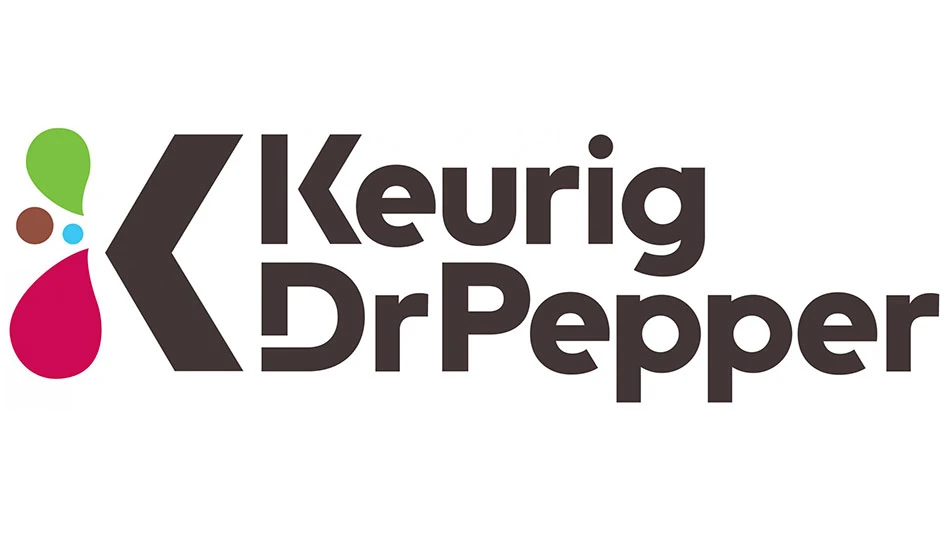
Logo courtesy of Keurig Dr Pepper
Keurig Dr Pepper, which includes the brands Snapple, 7Up, Bai and Green Mountain, will grow its efforts to cut single-use plastic by expanding its reuse and refill options across the country, according to a news release issued by Green Century Capital Management Inc., the Portland, Maine-based investment advisor to Green Century Funds.
In exchange for its heightened focus on plastic reduction, Green Century Funds withdrew its shareholder proposal for the company’s 2023 annual meeting that calls for a reduction in total plastic packaging.
“The amount of plastic flowing into our oceans is on pace to nearly triple by 2040,” Green Century Funds President Leslie Samuelrich says. “Plastic pollution demands urgent attention from companies and governments around the world. We applaud Keurig Dr. Pepper for stepping up its efforts to address the plastic crisis.”
Green Century says Keurig Dr Pepper’s planned actions include expanding its 2022 Corporate Responsibility Report to include more details on refillable and reusable container pilots. Starting in 2023, the company has pledged to publish an annual “reuse and refill baseline assessment” in its corporate social responsibility report. By 2024, it plans to launch reuse and refill pilots in key U.S. markets where local infrastructure and culture are conducive to success.
“We can’t recycle our way out of the plastic problem,” says Annie Sanders, Green Century Capital Management’s director of shareholder advocacy. “We look forward to seeing Keurig Dr Pepper help build a circular economy by providing more reuse options—from soda cups to K-Cup pods—in communities across the U.S.”
Green Century says reuse and refill models are one of the most effective ways to replace single-use plastics. The company notes that 2022 brought commitments in this area from beverage giants Coca-Cola and PepsiCo to provide 25 percent and 20 percent, respectively, of their drinks in reusable containers by 2030.
“Companies like Keurig Dr Pepper are beginning to realize that an investment in reusable and refillable containers can mitigate the financial, regulatory and reputational risks posed by single-use plastics,” Sanders says. “They’re also seeing consumers act, in growing numbers, on the common-sense conviction that nothing we use for five minutes should pollute our planet for hundreds of years.”
Latest from Recycling Today
- Ferrous scrap supply squeeze said to have peaked
- Outokumpu loses money in 2025
- CEPI says recycled paper consumption declined in Europe in 2025
- Cirba Solutions celebrates 35 years of battery recycling
- Commentary: The impact happens after collection
- BIR reports note continued struggles for recycled resin markets
- Vermont expands battery recycling program
- In memoriam: Bruce Parker





